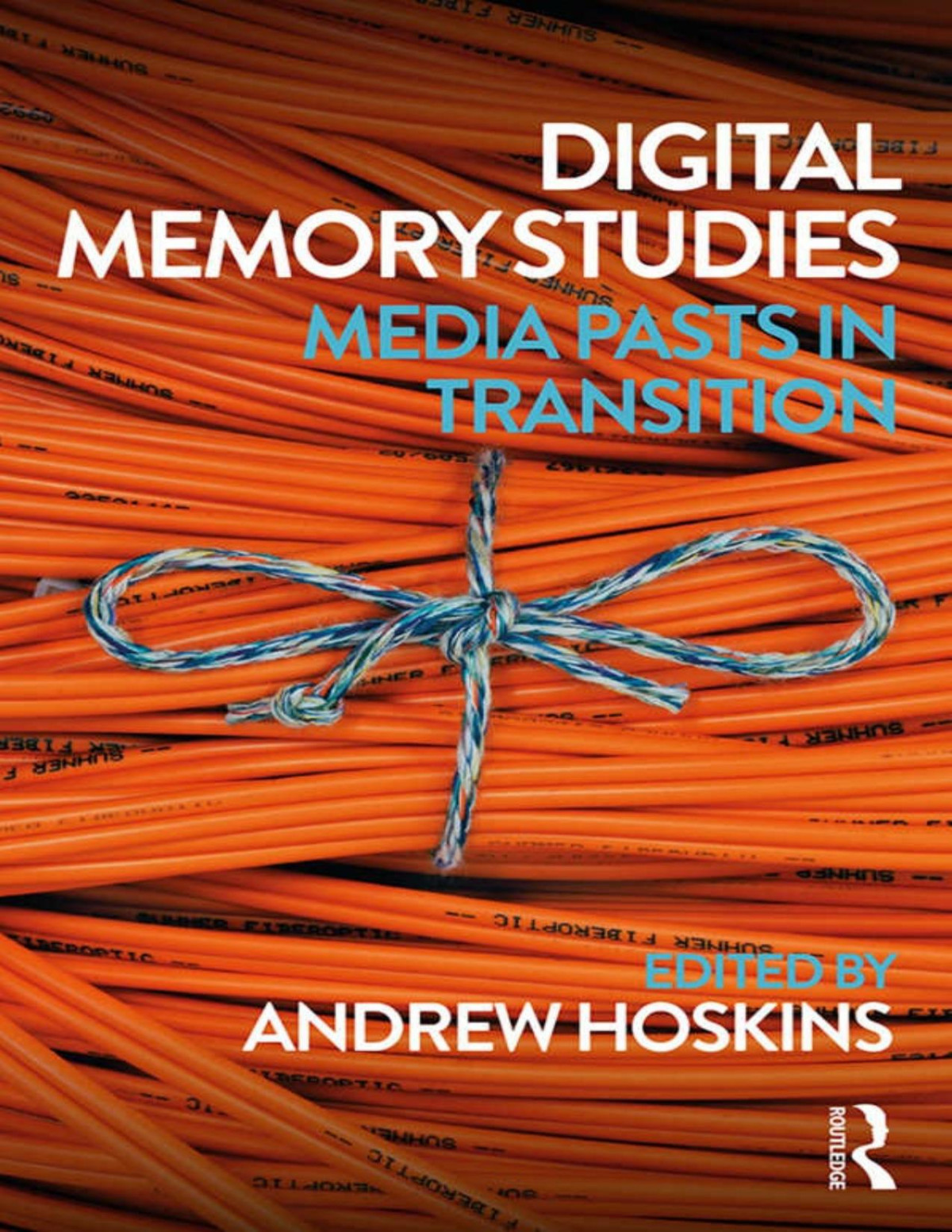

Most ebook files are in PDF format, so you can easily read them using various software such as Foxit Reader or directly on the Google Chrome browser.
Some ebook files are released by publishers in other formats such as .awz, .mobi, .epub, .fb2, etc. You may need to install specific software to read these formats on mobile/PC, such as Calibre.
Please read the tutorial at this link. https://ebooknice.com/page/post?id=faq
We offer FREE conversion to the popular formats you request; however, this may take some time. Therefore, right after payment, please email us, and we will try to provide the service as quickly as possible.
For some exceptional file formats or broken links (if any), please refrain from opening any disputes. Instead, email us first, and we will try to assist within a maximum of 6 hours.
EbookNice Team

Status:
Available0.0
0 reviewsDigital media, networks and archives reimagine and revitalize individual, social and cultural memory but they also ensnare it, bringing it under new forms of control. Understanding these paradoxical conditions of remembering and forgetting through today’s technologies needs bold interdisciplinary interventions.
Digital Memory Studies seizes this challenge and pioneers an agenda that interrogates concepts, theories and histories of media and memory studies, to map a holistic vision for the study of the digital remaking of memory.
Through the lenses of connectivity, archaeology, economy, and archive, contributors illuminate the uses and abuses of the digital past via an array of media and topics, including television, videogames and social media, and memory institutions, network politics and the digital afterlife.
Andrew Hoskins is Interdisciplinary Research Professor at the University of Glasgow, UK. He is founding Editor-in-Chief of the Sage journal of Memory Studies, Co-Editor of the Palgrave Macmillan book series Memory Studies, and Co-Editor of the Routledge book series Media, War & Security.